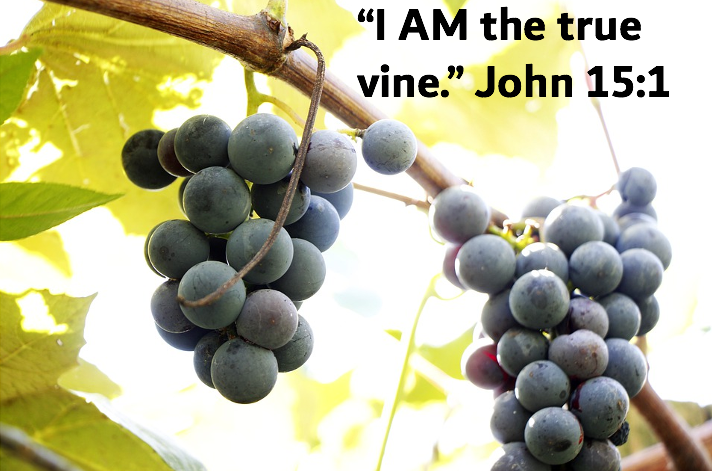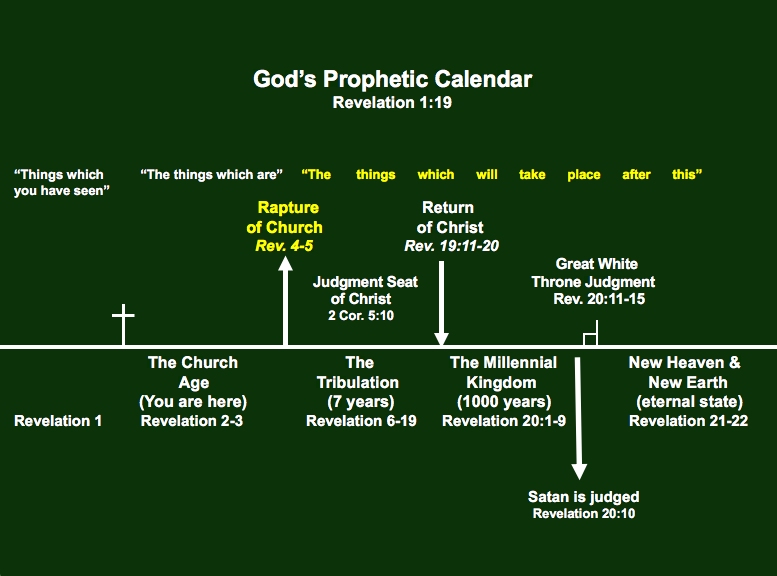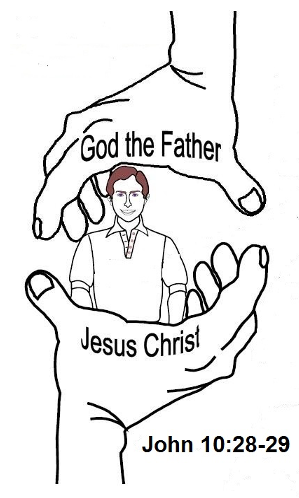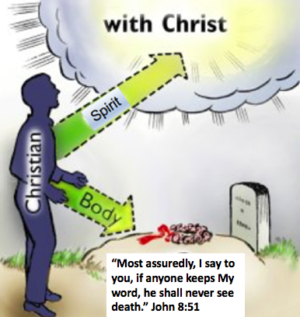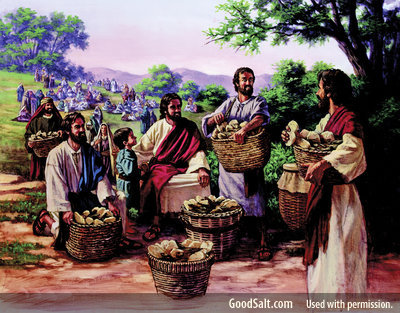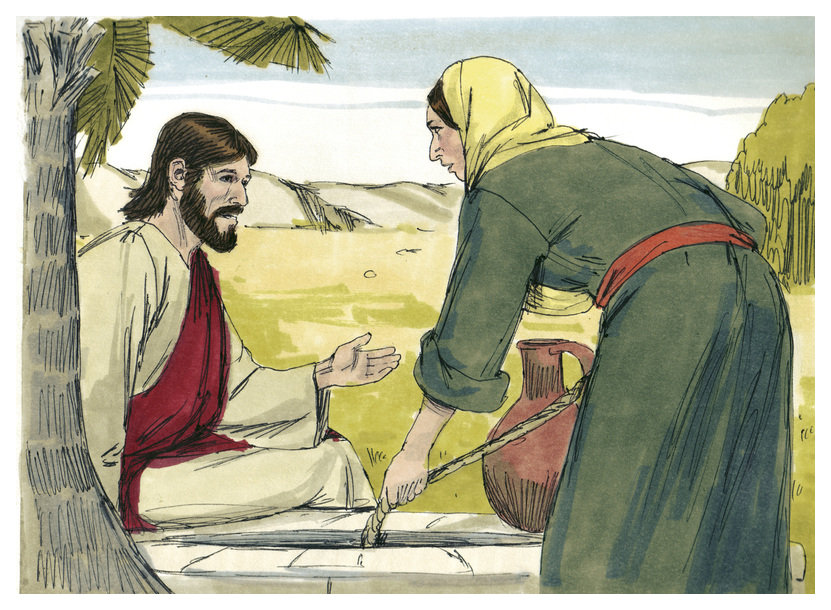“I am the true vine, and My Father is the vinedresser.” John 15:1
In the state of Iowa in the USA where I grew up, there are an increasing number of vineyards and wineries. All of these vineyards make this part of the country similar to the land of Israel in Jesus’ day. Back then, growing grapes was a very important industry – it was vital to Israel’s economy. Everyone knew about growing grapes, and so Jesus used this as a picture to describe a very important condition for discipleship in John 15.
The beautiful and profound analogy of the vine and the branches in John 15:1-8 has encouraged Christians for centuries. Unfortunately, it has also become a controversial passage regarding the eternal security of believers.
There are three popular approaches to this passage. Some say the person who “does not bear fruit” (John 15:2a) cannot be a Christian because all true Christians bear fruit. 1 This position says it is impossible to be genuinely saved and not manifest any fruit or good works in one’s life as a result of regeneration. Others say the branches “in Me” that are taken away refer to Christians who lose their salvation. 2 In this view, when a believer stops producing fruit, he forfeits salvation. So if a believer experiences prolonged failure in his or her Christian life, he or she loses eternal life according to this view. Others say that verses 2a and 6 refer to Christians who do not produce fruit and who will therefore experience divine judgment in time and the loss of reward at the Judgment Seat of Christ. 3
In this chapter we will look deeper into this passage and discover secrets to being more fruitful for our Lord Jesus. In the context of this passage, Jesus is preparing His disciples for His departure (John 13:33-14:30). John 14:31 suggests that the Lord’s final supper with His disciples has come to an end. John 18:1 says that Jesus had crossed the Kidron Brook or Valley to enter the Garden of Gethsemane. It is possible that after John 14:31, Jesus and His disciples left the Upper Room and made their way toward Gethsemane. Perhaps Jesus is overlooking the Kidron Valley that would be covered with vineyards on the way to the garden of Gethsemane on the Mount of Olives. As they look at the landscape decorated with grapevines, Jesus spoke the words of John 15:1-8.
Bear in mind that Jesus is talking to the Eleven believing disciples. Judas has already left to betray Christ (John 13:30). He is not talking about how to get to heaven or how to know you are going to heaven. To get to heaven, we must simply believe in Christ alone for everlasting life (John 3:15-16, 36). In John 15:1-8, Jesus is talking about discipleship or growing in the Christian life. “By this My Father is glorified, that you bear much fruit; so you will be My disciple.” (John 15:8). Jesus is talking about bearing fruit as a condition for discipleship, not salvation.
You may ask, “What is the fruit?” In this passage, Jesus identifies Himself to be the “Vine” and His Father is the “Vinedresser” (John 15:1). “The branches”refer to Christians in fellowship with Christ. Since Jesus is the Vine and believers are the branches, the fruit is the result of the life of the vine flowing through the branches. Hence, the fruit in this context refers to 1. CHRIST-LIKE CHARACTER. We see in the verses following this passage that the fruit Jesus wants His disciples to produce is connected to loving one another as He has loved them:
“12 This is My commandment, that you love one another as I have loved you. 13 Greater love has no one than this, than to lay down one’s life for his friends. 14 You are My friends if you do whatever I command you…16 You did not choose Me, but I chose you and appointed you that you should go and bear fruit, and that your fruit should remain, that whatever you ask the Father in My name He may give you. 17 These things I command you, that you love one another.” (John 15:12-14, 16-17). So the fruit refers to Christ-like character, especially as it relates to loving one another.
The word “fruit” (karpos), is also used in John 4:35-36 to refer to 2. THE FRUIT OF EVANGELISM or winning people to Christ: “35 Do you not say, ‘There are still four months and then comes the harvest’? Behold, I say to you, lift up your eyes and look at the fields, for they are already white for harvest! 36 And he who reaps receives wages, and gathers fruit for eternal life, that both he who sows and he who reaps may rejoice together” (John 4:35-36). The “fruit” refers to people who receive eternal life as a result of the believers sowing or sharing the gospel with them. In summary, “the fruit” that Jesus speaks of in John 15:1-8 refers to Christ-like character and the people who come to faith in Christ as a result of sharing the gospel with them. How can we become more fruitful for the Lord so that He gets more glory?
The first way is to REALIZE THAT JESUS IS OUR ONLY SOURCE OF LIFE (John 15:1). Christ said to His eleven believing disciples, “I am the true vine, and My Father is the vinedresser.” (John 15:1). No fruit can be better than the vine that produces it. Jesus calls Himself the “true Vine”(ampelos hē alēthinē). This is the last of His seven “I AM” statements in the gospel of John whereby Jesus claims to be God (cf. John 6:35; 8:12; 10:7, 9, 11, 14; 11:25; 14:6). Jesus is the “true” (alēthinē = authentic, real, or genuine) God (cf. I John 5:20).
In the Old Testament, the nation of Israel is referred to figuratively as a vine (Psalm 80:8; Ezekiel 15:1-8). 4 Christ often referred to Israel metaphorically as a vine as well (cf. Matthew 20:1-16; 21:23-41; Mark 12:1-9; Luke 13:6-9; 20:9-16). 5 The nation was intended to be like a productive vine that bears much fruit. Instead it was like an unproductive, fruitless vine. In contrast to Israel, Jesus fulfilled what God intended in that He was “the True Vine” Who perfectly obeyed His Father and revealed His will to the people. 6

All other gods are counterfeit or fake including Buddha, Allah, the Hindu gods, Confucius, Mother Mary, the god of Iglesia Ni Cristo, Quiboloy, Jehovah Witnesses, Mormons, etc. None of these so-called “gods” can give our lives fulfillment. They leave us empty and without purpose.
For some people, their god is not in the form of a religion. Their god can be anything that replaces the true God, Jesus Christ, in their lives. We call these things an idol. How do we know it is an idol? When you are in pain, you go to your idol. When you are in need, you go to your idol. When you are hurt, you go to your idol. When you want to celebrate, you go to your idol. Some people have replaced Jesus with achievements, alcohol, drugs, food, politics, pornography, possessions, power, shopping, video games, or their work. They are turning to these things when they are in pain or in need or simply want to celebrate, instead of turning to the Lord Jesus Christ. But these things cannot meet their deepest needs.
Only a relationship with the true God, Jesus Christ, can give us life and fulfillment. Just as a vine is the only source of life and productiveness for its branches, so Jesus Christ is the only source of life and productiveness for His disciples. Other religions or things cannot supply this fruitfulness. Only Jesus can do this for us.
To become fruitful for the Lord Jesus we must begin a relationship with Him. The Bible tells us we must recognize our need for a Savior. Romans 3:23 tells us that “all have sinned and fall short of the glory of God.” We all have disobeyed God with our thoughts, words, and actions. The penalty for our sin is “death”or separation from God (Romans 6:23). We all deserve to be separated from God forever in the lake of fire (Revelation 20:15). But God does not want us to die forever in Hell, so He sent His only Son, Jesus Christ, the True Vine, to earth to die for all our sins and rise from the dead (I Corinthians 15:3-6). Only Jesus can save us because only Jesus has paid the penalty for our sins in full when He died and rose from the dead. Only God can give life that never ends. Therefore, Jesus must be God because He gives everlasting life to all who believe in Him (John 10:28).
God now invites you to believe or trust in Christ alone for His gift of everlasting life. “He who believes in the Son has everlasting life; and he who does not believe the Son shall not see life, but the wrath of God abides on him.” (John 3:36). Look at the eternal contrast here. The one who believes in Jesus “has”everlasting life. The one who does not believe in Jesus has God’s “wrath” that “abides” on him forever (cf. Revelation 20:10, 15)! The decision is yours: Believe or not believe in Jesus? Heaven or Hell? The moment we believe in Jesus we are saved forever from hell and we have eternal life which can never be lost (John 10:28-29). Christ guarantees that no one can snatch a believer out of His and the Father’s hands. We are secure forever the moment we believe in Jesus.
Christ also identifies His “Father” as “the vinedresser” (John 15:1b). A vineyard had a “vinedresser” or farmer who was an expert at growing grapes. The success of raising grapes depended largely on the competence of the vinedresser who was to care for and protect the grapes to that they will produce the maximum fruitfulness. So too, God the Father would provide the necessary care and protection to produce the maximum fruitfulness in believers.
If we are going to produce fruit for the glory of the Father, we must be rightly related to “the true vine,” Jesus Christ. Once we believe in Christ for His gift of everlasting life, we can get to know Him more intimately as we spend time with Him in prayer and in the study of His Word, the Bible. We will learn more from Jesus about how to do this in the next few verses.
Prayer: Lord Jesus, thank You so much for coming to earth and revealing Yourself as the True Vine Who gives life and fulfillment to those who believe in You. Before I came to know You as the Giver of eternal life, I was seeking fulfillment in man-made religions which left me feeling empty and dissatisfied on the inside. Having You in my life now gives me fulfillment and purpose every day which I do not deserve. But because of Your grace, I can experience the best life connected to You. Please show me how to let Your life flow through mine. In Your life-giving name I pray. Amen.
ENDNOTES:
1. J. Carl Laney, “Abiding is Believing: The Analogy of the Vine in John 15:1-6,” Bibliotheca Sacra 146:581 (January-March 1989): pp. 55- 66; and John F. MacArthur Jr., The Gospel According to Jesus, (Grand Rapids: Zondervan Publishing House, Academie Books, 1988), pp. 166, 170-71.
2. C.K. Barrett, The Gospel According to St John: An Introduction with Commentary and Notes on the Greek Text. 2nd ed., (Philadelphia: Westminster Press” 1978), pp. 470-477.
3. Tom Constable, Notes on John, 2017 Edition, pp. 280-289; Joseph C. Dillow, “Abiding Is Remaining in Fellowship: Another Look at John 15:1-6,” Bibliotheca Sacra 147:585 (January-March 1990), pp. 44-53.
4. Robert Wilkin; J. Bond; Gary Derickson; Brad Doskocil; Zane Hodges; Dwight Hunt; Shawn Leach. The Grace New Testament Commentary: Revised Edition, (Grace Evangelical Society, Kindle Edition, 2019), pg. 533.
5. Constable, Notes on John, pg. 280.
6. Tony Evans, CSB Bibles by Holman. The Tony Evans Bible Commentary (B&H Publishing Group, Kindle Edition, 2019), pg. 1805.

